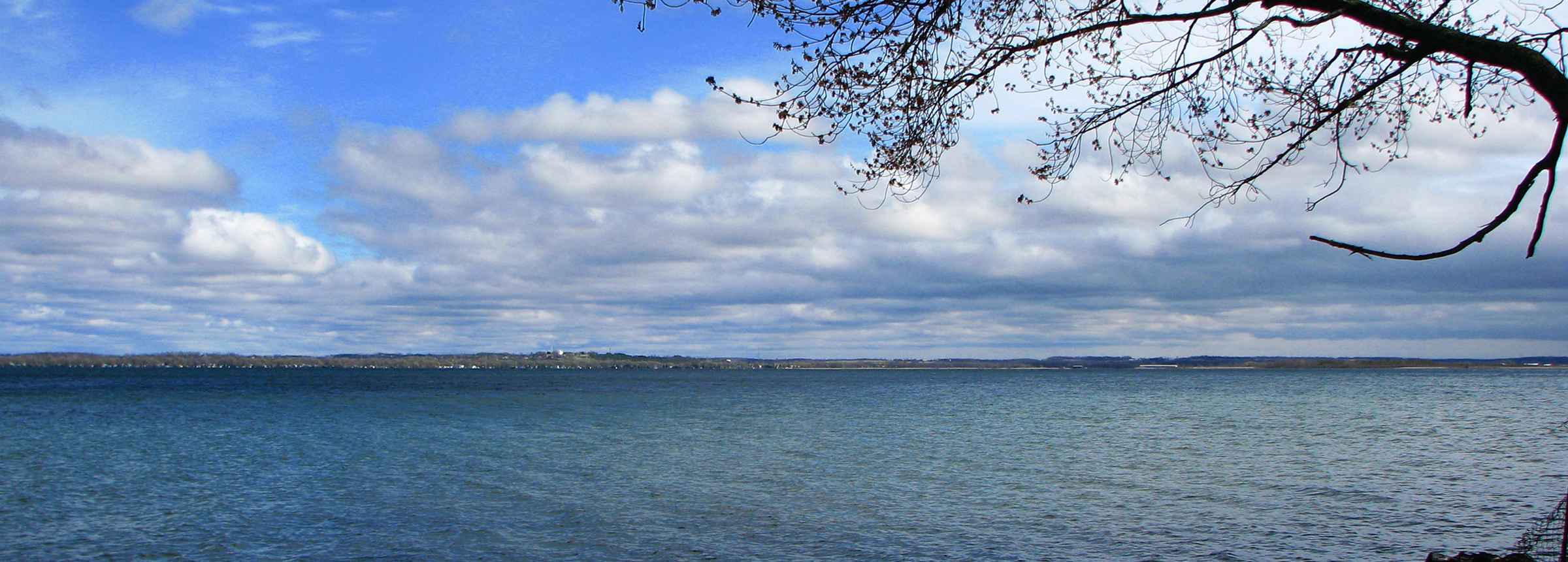Projects
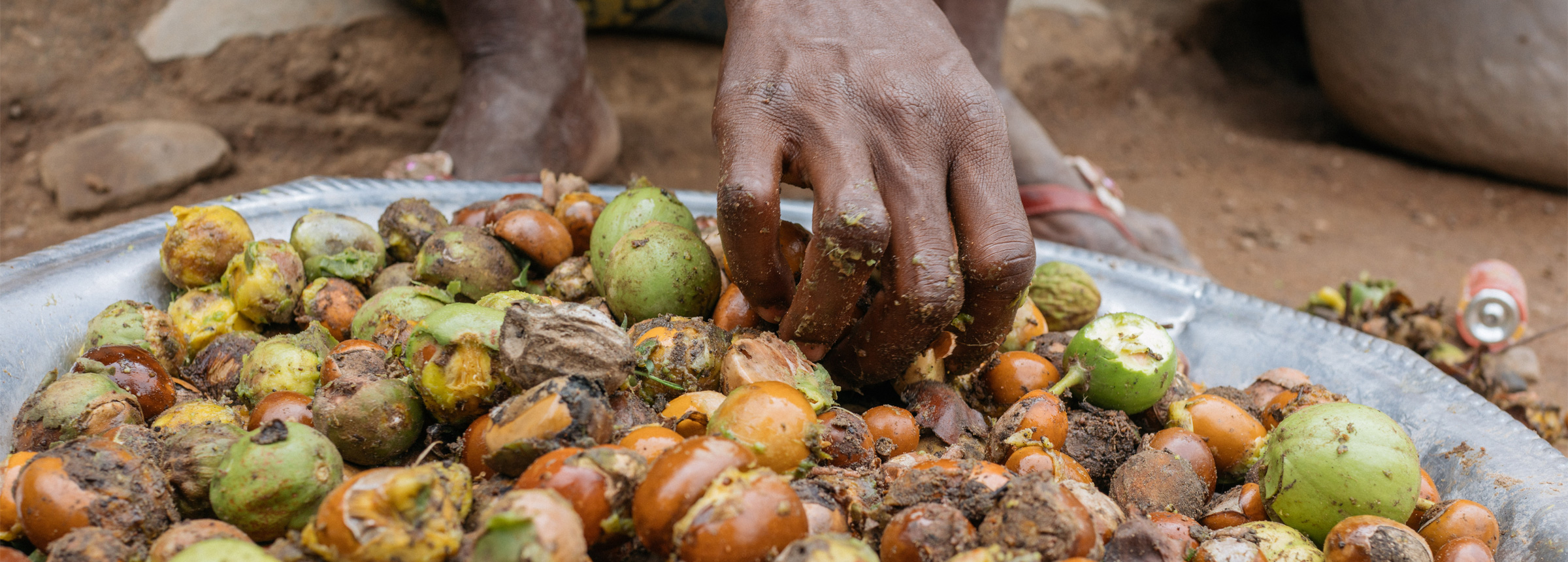
Ghana Agriculture and Natural Resource Management Project (AgNRM)
Northern Ghana has a new ally in its struggle against climate change. The USAID Feed the Future Ghana Agriculture and Natural Resource Management Project (AgNRM) is protecting both food security and the region’s natural resources. It’s doing this in a holistic way: boosting incomes from natural products such as shea nuts; improving food security through […]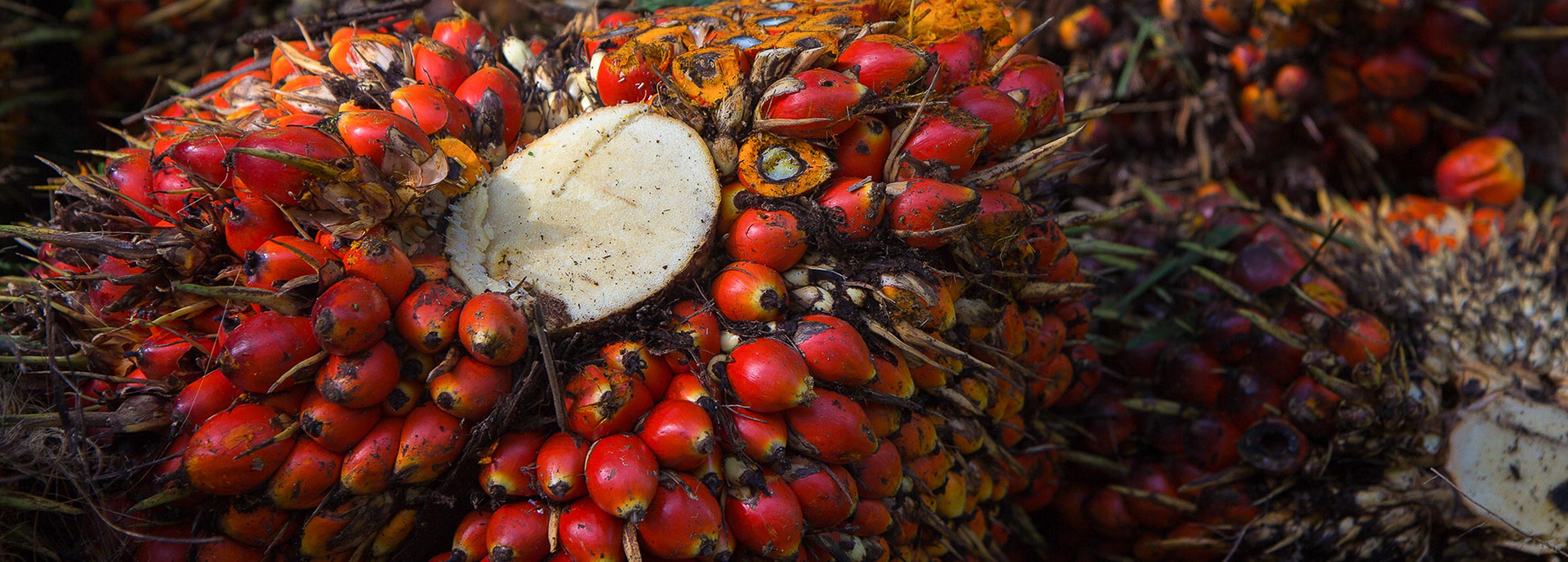
Smallholder Protocol for Peat
Smallholders produce around 40 percent of Indonesia’s palm oil, an amount that is expected to increase due to the lack of land suitable for new large-scale plantations. However, a lack of resources and technical capacity often leads to extremely low productivity and unsustainable management at small plantations. With funding from IDH, Cargill and Costco, this…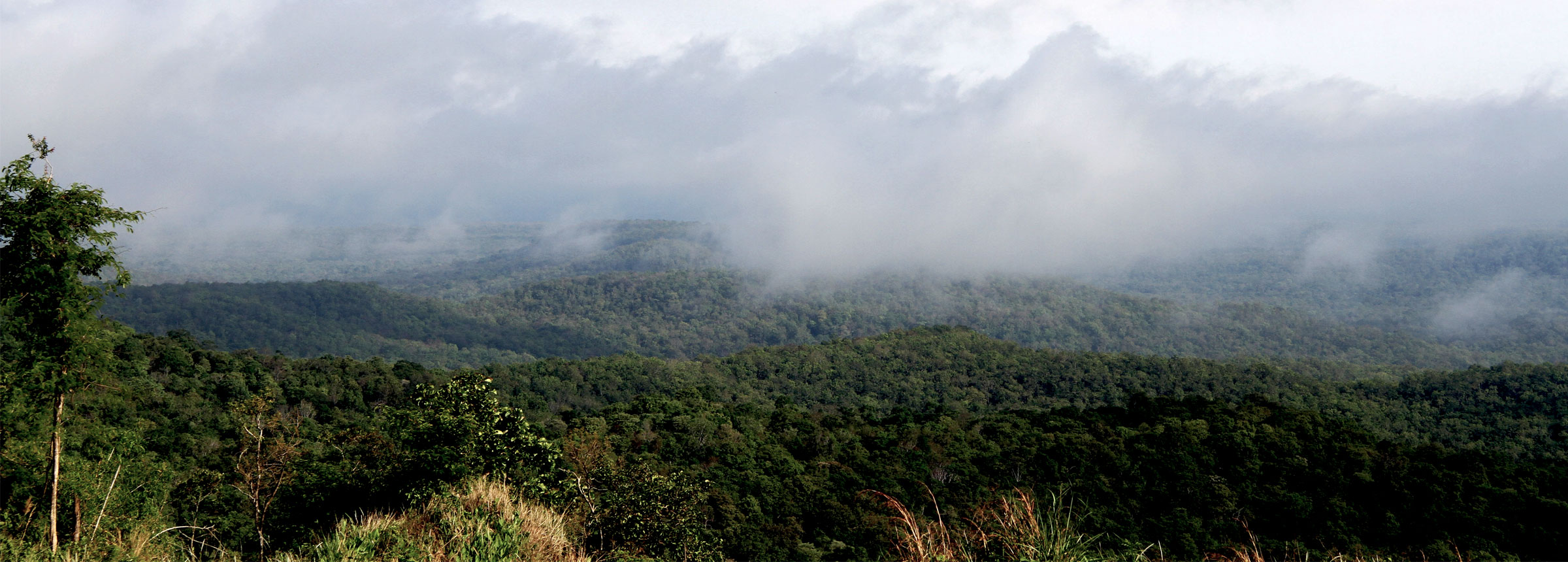
GHG Registry Agreements
Mitigating the impact of climate change requires tapping the power of markets. Winrock propels that approach by facilitating carbon offset trading and developing scientifically rigorous methodologies to measure and verify reductions in greenhouse gas emissions.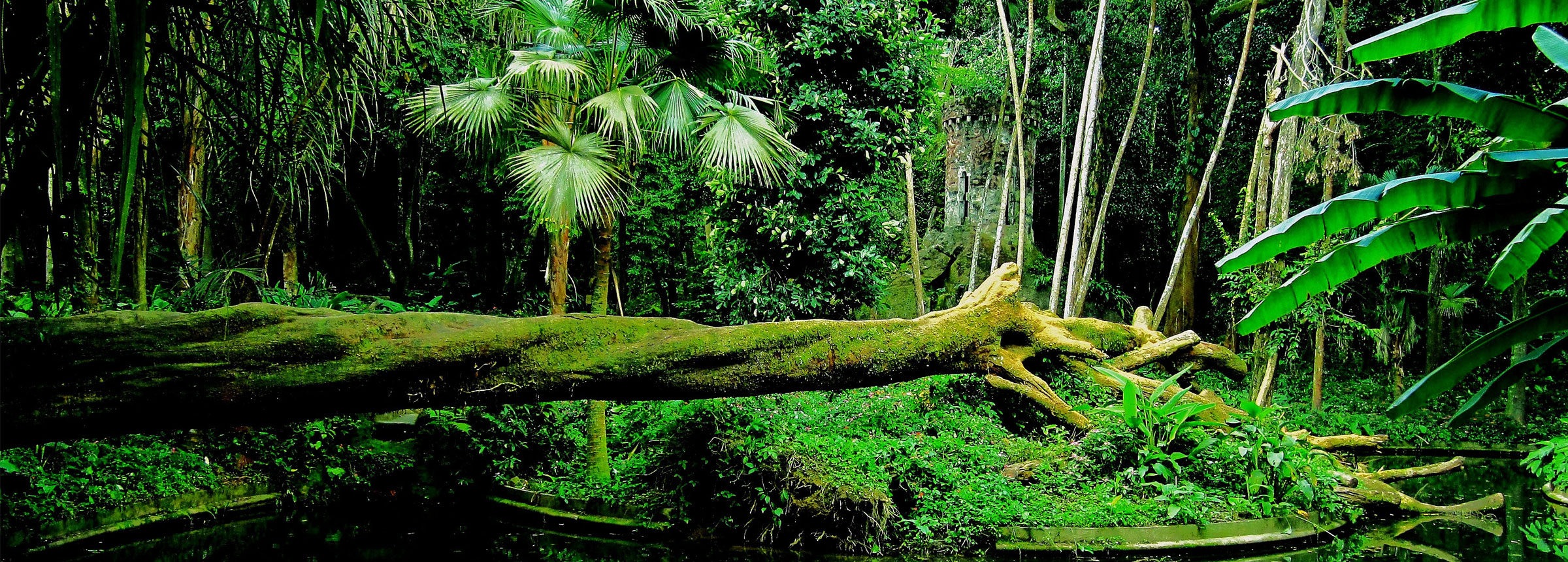
Mata no Peito Brazil Forest Carbon Initiative
The problem of deforestation in Brazil, particularly in the Amazon, is well-known. Nike is working with Winrock’s ACR on a unique way to raise funds to support reforestation. Through this initiative, Nike sells the carbon offsets issued to the company from ACR and donates the proceeds to protect and replant Brazilian forests.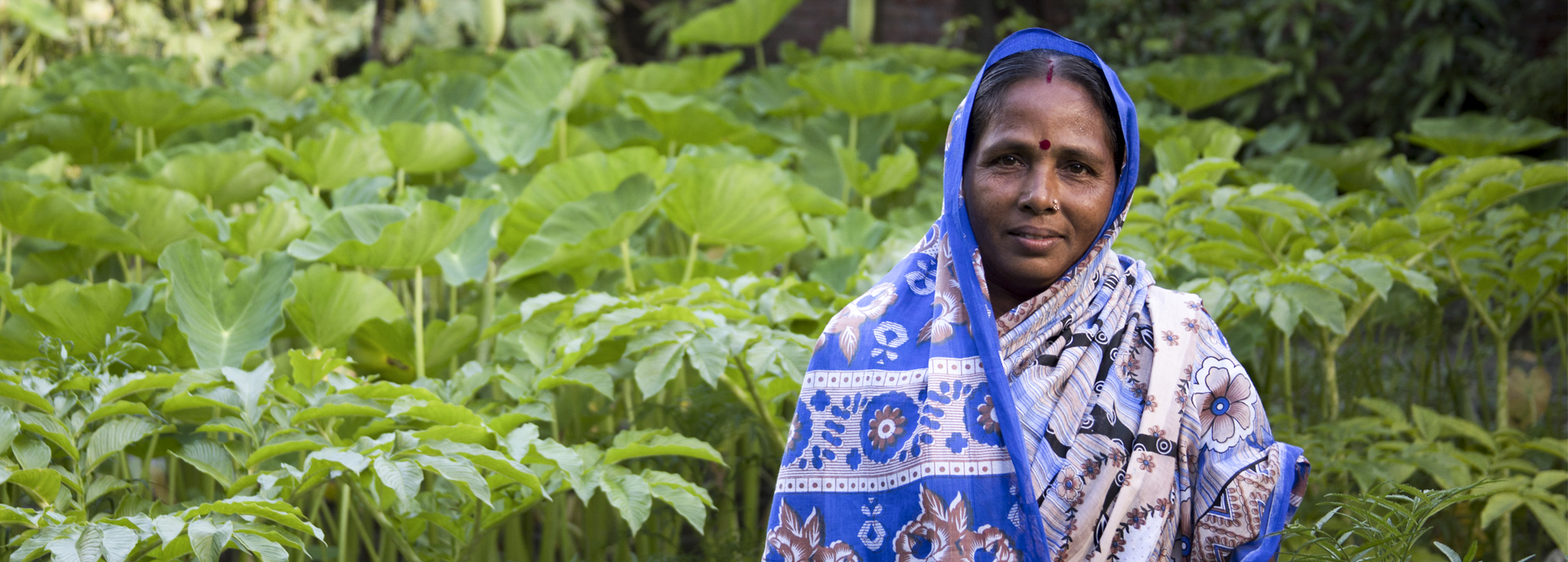
Climate Resilient Ecosystems and Livelihoods (CREL)
Climate change and a growing population are putting increasing levels of stress on Bangladesh’s forests, wetlands and other ecosystems. The USAID-funded Climate Resilient Ecosystems and Livelihoods program is helping to disseminate management methods that help communities better collaborate with local and national governments to balance biodiversity protection with sustainable economic development.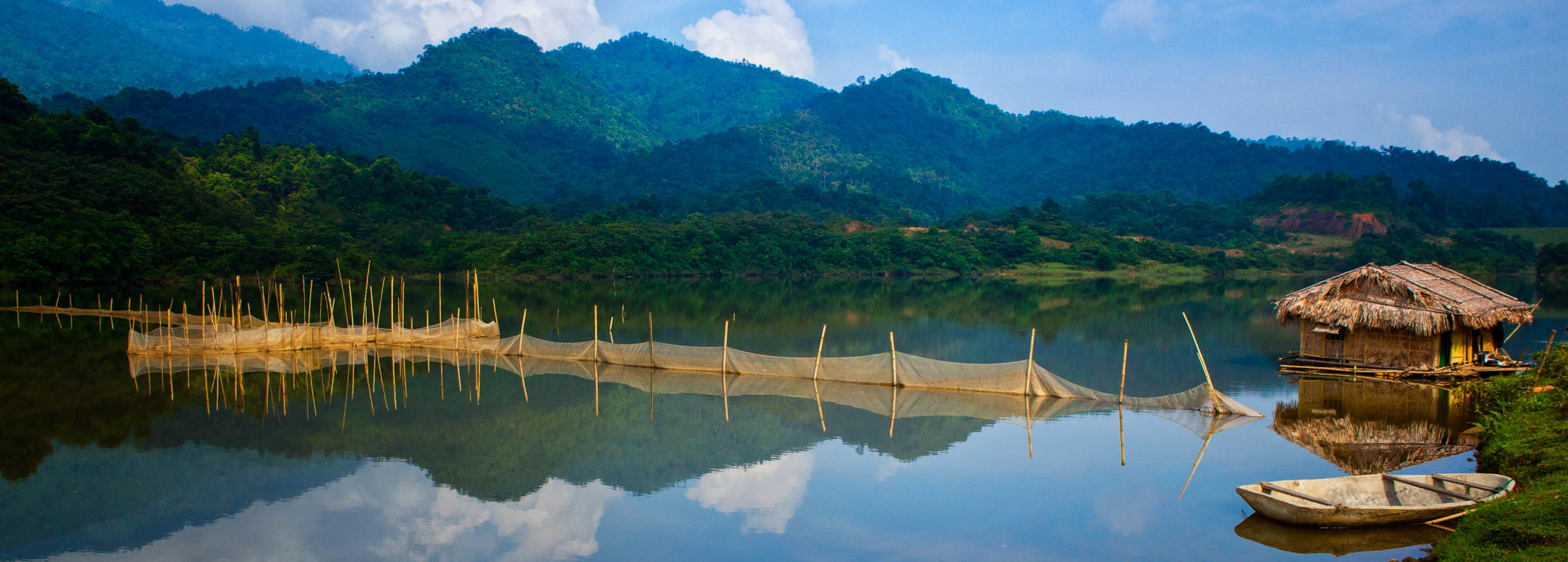
Vietnam Forests and Deltas (VFD)
The USAID Vietnam Forests and Deltas Program supports Vietnam’s transition to resilient, sustainable development. The first phase of the program (2012-2018) helped put national policies and strategies into practice to respond to environmental change, with a focus on the forestry and agriculture sectors, disaster risk reduction, and strengthening livelihoods. Beginning in 2018, the program’s second […]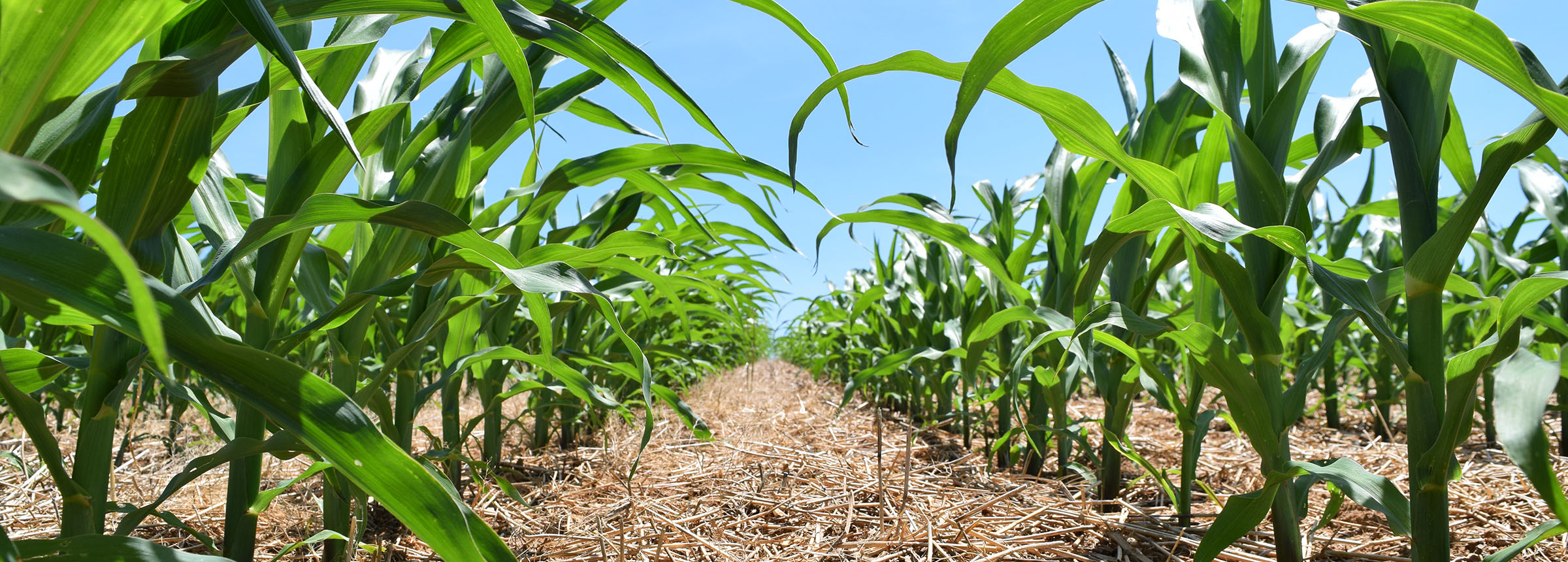
Milwaukee River Pay-for-Performance Project
Farms are businesses, which means they respond to economic signals. That basic idea is behind this program’s approach to reduce the damage to water quality caused by agricultural run-off in the West Branch Milwaukee River watershed. Winrock works with water treatment plant owners, conservation groups and others in the area to devise pay-for-performance incentives that […]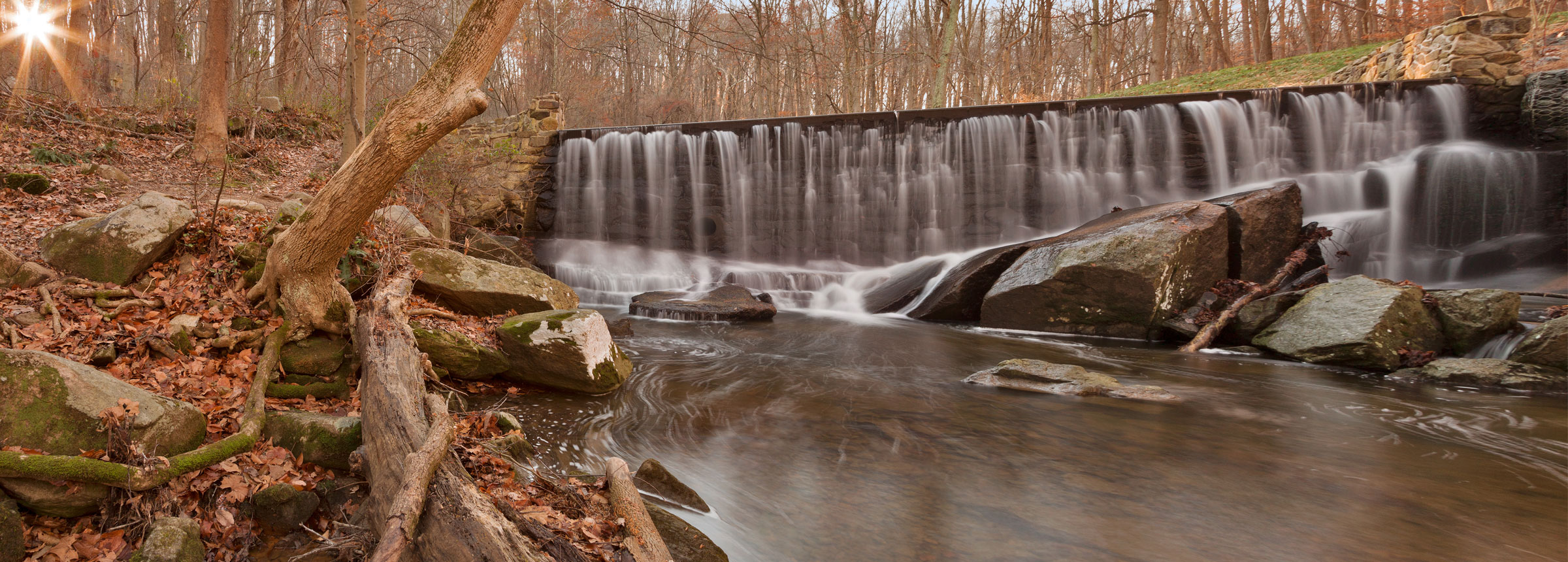
Improving Chesapeake Bay Water Quality
Healthy and well-managed coastal areas provide local populations with everything from tasty seafood to protection from damaging storm surges. As part of the National Science Foundation’s Coastal SEES (Science, Engineering and Education for Sustainability) program, this project analyzes and measures how utilizing best land management practices impacts the water quality in three watersheds in Maryland’s […]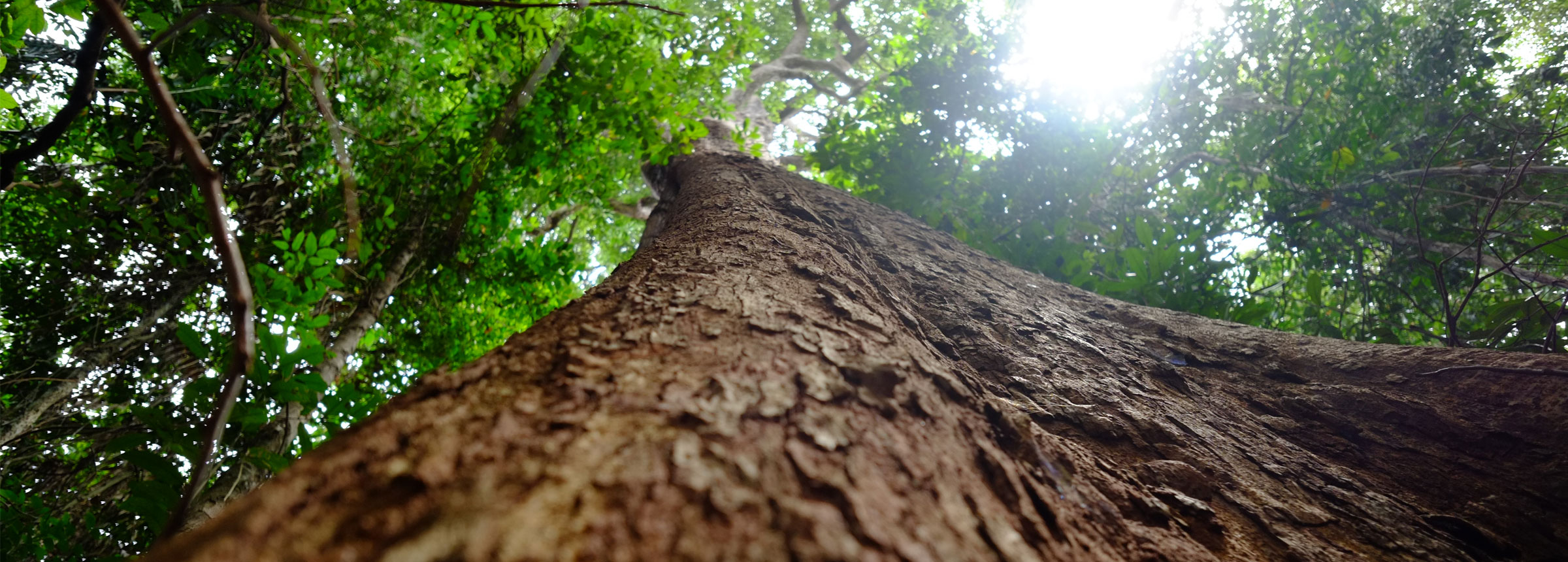
Indonesia Carbon Monitoring System
A lot of field work is necessary to truly understand the role of forests in climate change — both the benefits of preserving them and the impact of cutting them down. As part of a NASA-funded initiative, Winrock is spearheading the planning, collection and analysis of data to understand the impacts of selective logging on…